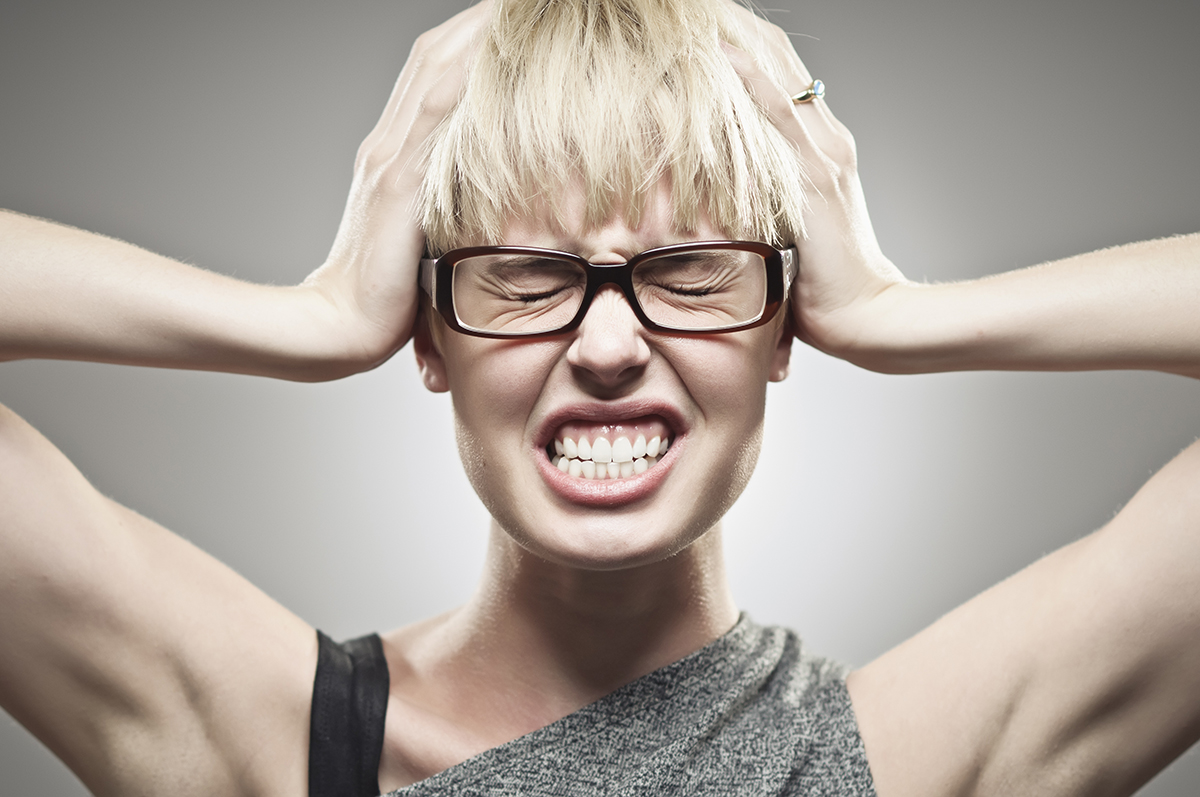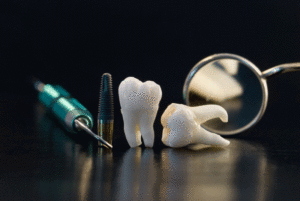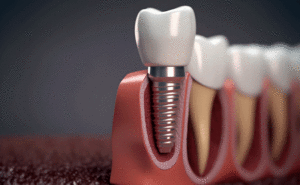Teeth grinding, or bruxism, is when someone clenches, grinds or grits their teeth. While many people unknowingly grind their teeth at night while they sleep, clenching or gritting the teeth is also commonly done while an individual is conscious, commonly as a reaction to stress. However, teeth grinding can have detrimental long-term effects on the teeth should the issue go untreated. Here’s a closer look at some FAQs on teeth grinding:
Q: Why do people grind their teeth?
People may knowingly grind their teeth as an emotional response to anger or stress. It may also become a habit when partaking in any sort of strenuous activity, such as weight lifting. Most people grind their teeth unknowingly while they sleep, something that’s hypothesized to be linked to depression, tobacco use, alcohol consumption and/or caffeine consumption, among others.
Q: What are the symptoms of teeth grinding?
Headaches are the most common symptom experienced by those that grind their teeth at night while they sleep. Other symptoms include muscle aches, TMJ pain, neck and shoulder stiffness, tinnitus and sleep issues. Teeth grinding can also have some severe long-term oral health effects. The most notable among these is jaw damage and worn, chipped and cracked teeth.
Q: How can you stop teeth grinding?
Stopping teeth grinding all depends on the underlying issue that’s causing it. For instance, if stress and anxiety are the key contributors, learning how to better relax and decompress can likely eliminate grinding behavior. If excessive alcohol consumption is the factor, changing this lifestyle habit can help. Another way to stop teeth grinding is by wearing a plastic bite guard or splint at night, both which work to prevent grinding from doing damage to the teeth and jaw.
Q: Why is teeth grinding so harmful?
The big problem with teeth grinding is that it tends to exert much greater forces than the other things we use our teeth for, like biting and chewing. Because of this extra force, some serious damage can be done to the teeth and to the jaw.
Q: What types of people are most likely to grind their teeth?
While we already outlined some types of individuals who are more at risk for grinding (i.e. those who are under stress), let it be known that teeth grinding occurs within people of all ages in both men and women.
Q: Is it possible to quit teeth grinding on your own?
Yes, of course. There are several things you can try on your own, such as stress relieving activities and lifestyle adjustments, in an effort to eliminate teeth grinding. If you’re still grinding, then a dentist can help you kick this bad habit, usually with behavioral therapy and by administering an oral device, or a combination of both.
For more information on teeth grinding, or to get help treating this behavior, contact Caven Dental today.



